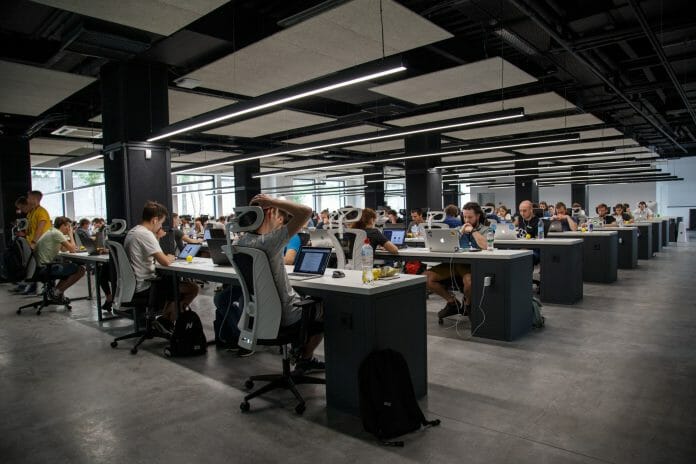Qualtrics, has announced in its, Return to Work & Back to Business Study, that majority of workers across age groups, spanning Boomers to Gen Z, in Thailand and Malaysia are uncomfortable going back to the workplace at present.
The survey has asked 509 respondents in both countries, including 359 Malaysians, how confident they felt about returning to the workplace or visiting public establishments right now—and what it would take for them to feel comfortable doing so.
While 62 percent of workers expect to return to the workplace by July, over half say a treatment (58 percent) or vaccine (61 percent) must be approved for them to feel comfortable returning to the workplace.
“Organisations and governments need to understand how employee and customer behaviours and attitudes have changed so that they can take actions helping them feel confident during this next phase of the ‘new normal’. It is crucial that businesses are able to unlock insights around employee and customer confidence at each stage of the transition to drive necessary business actions – and this is where tools like the Qualtrics Return to Work Pulse will have a distinct advantage in this uncertain and rapidly changing period,” says Mao Gen Foo, Head of Southeast Asia..
The survey found that before they feel ready to return to work, employees in Southeast Asia want their employers to put the following safety practices in place:
- 83 percent of workers want all employees to be required to wear masks
- 82 percent want hand sanitiser and cleaning supplies available throughout the office
- 67 percent want social distancing enforced
- 63 percent want temperature checks required
- 62 percent want policies against handshakes and hugs at work
Once they do return to work, employees said they would feel more comfortable if the following measures are taken by their employer to protect themselves and their co-workers:
- 96 percent of people said it was important to them to limit the number of people in an in-person work meeting
- 98 percent of people said it was important to them that employees be required to wear masks
- 96 percent of people said it was important to them that they are allowed to work remotely at any point if they feel unsafe
- 97 percent of people said it was important to them that everyone has their temperature checked each day before entering the building
- 97 percent of people said it was important to them that social distancing was implemented in the workplace
Despite restrictions starting to ease, the study showed that people still don’t feel confident interacting with each other and 32 percent think we will never “get back to normal”.
As with live concerts and sporting events, most people are uncomfortable with attending a live sporting event (73 percent) and live concert (71 percent). Nearly 1 in 4 people (25 percent) who regularly attend sporting events said they are unlikely to attend one in the foreseeable future, even once spectating is allowed.
Furthermore, close to half (48 percent) of people said they would not be comfortable going to a live sporting event until at least January 2021. Meanwhile, 59 percent of people said they would not be comfortable going to a live concert until at least January 2021.
In terms of going to the restaurants and shopping, 60 percent of people still feel uncomfortable going to a restaurant, while 36 percent feel the same about shopping retail in-person.
When it comes to public transport, 67 percent of people feel uncomfortable using it right now, and 73 percent would feel uncomfortable flying on an airplane.
“Results reveal most consumers do not yet feel comfortable to return. It means as measures lift and businesses continue to reopen in the coming weeks and months, it’s essential they can understand how customers feel. Identifying the measures customers want to see implemented allows businesses to take action in the areas that matter most. Capturing feedback from frontline staff and digital channels will equip organisations with the data they need to cultivate consumer trust and confidence, and ultimately move forward,” added Foo.









